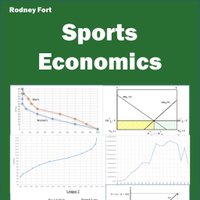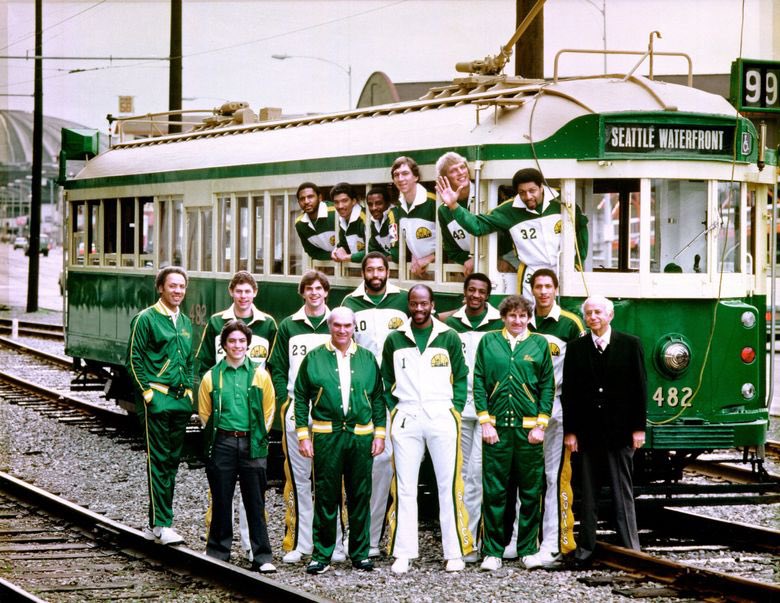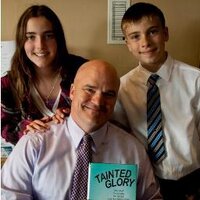
B. David Ridpath
@drridpath
Job is Professor of Sport Business at Ohio University and long time member of The Drake Group. Views posted here are solely my own-so deal with it.
ID:42950485
http://www.thedrakegroup.org 27-05-2009 19:17:13
94,1K Tweets
3,1K Followers
2,0K Following


I agree that college sports fans are probably tired of all the talk about lawsuits going on in the space.
But there’s a way to ensure that won’t be the case going forward
Collective bargaining.
Too many are still fighting it though.
Without it, lawsuits are going to continue. twitter.com/finebaum/statu…



'Big Time,' my satirical novel about a big state school's rebrand as 'Coors State University' now available to pre-order, the usual sites. Arne Duncan Jesse Washington NM State MBB Jason Hooten Beto O'Rourke Fran Fraschilla B. David Ridpath Seth Greenberg Daniel Libit Geoff Grammer
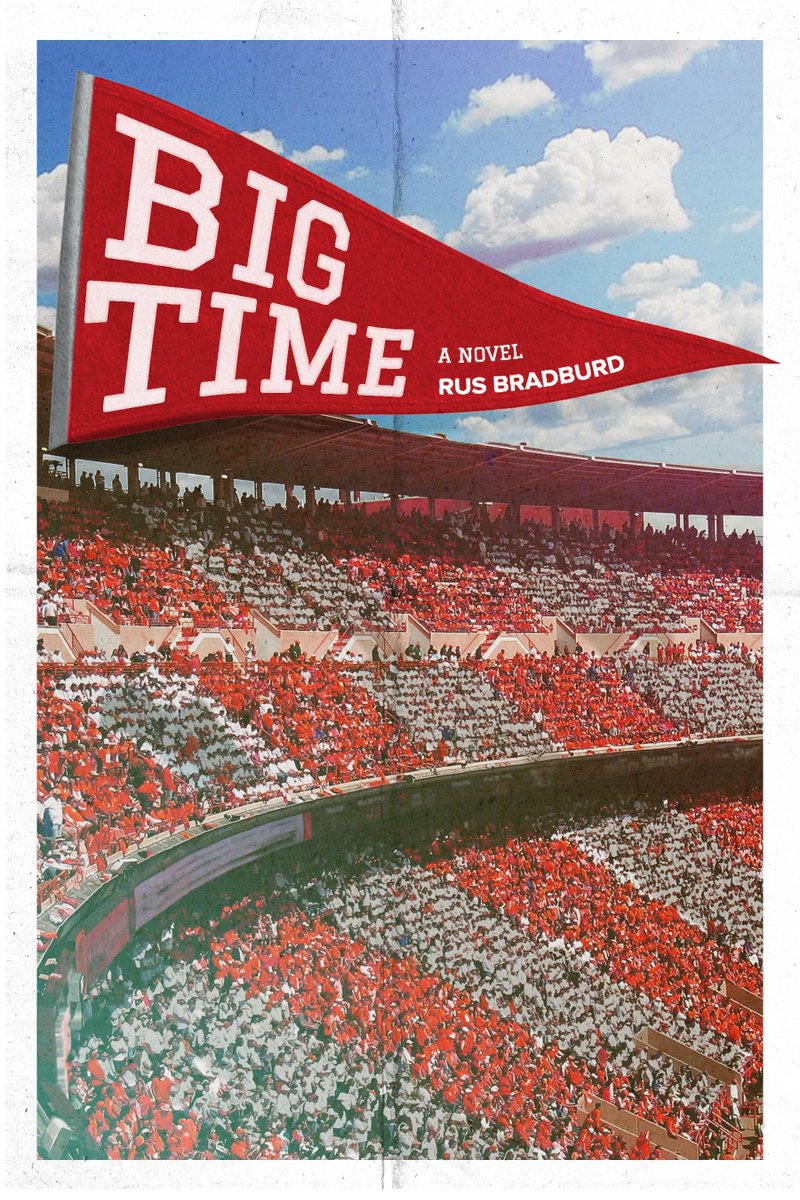





The Dept of Homeland Security has been requested to issue an update on what it has done to protect foreign college athletes who wish to participate in #NIL .
The request was jointly made by Richard Blumenthal, Chris Murphy 🟧, Pete Ricketts, and Shelley Moore Capito.
blumenthal.senate.gov/imo/media/doc/…



College leaders have been in discussion to settle the House case for months now with any settlement tied to a future athlete compensation model that features sharing revenue with athletes, as reported plenty, including just 10 days ago at Yahoo Sports
bit.ly/444JPao


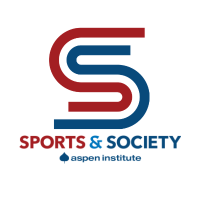
In a guest article for #ProjectPlay , Linda Flanagan explores governments in three communities that are making sports more accessible. Plus, download a new resource with five ways cities and counties can better organize and support youth sports.
projectplay.org/news/2024/4/30…



